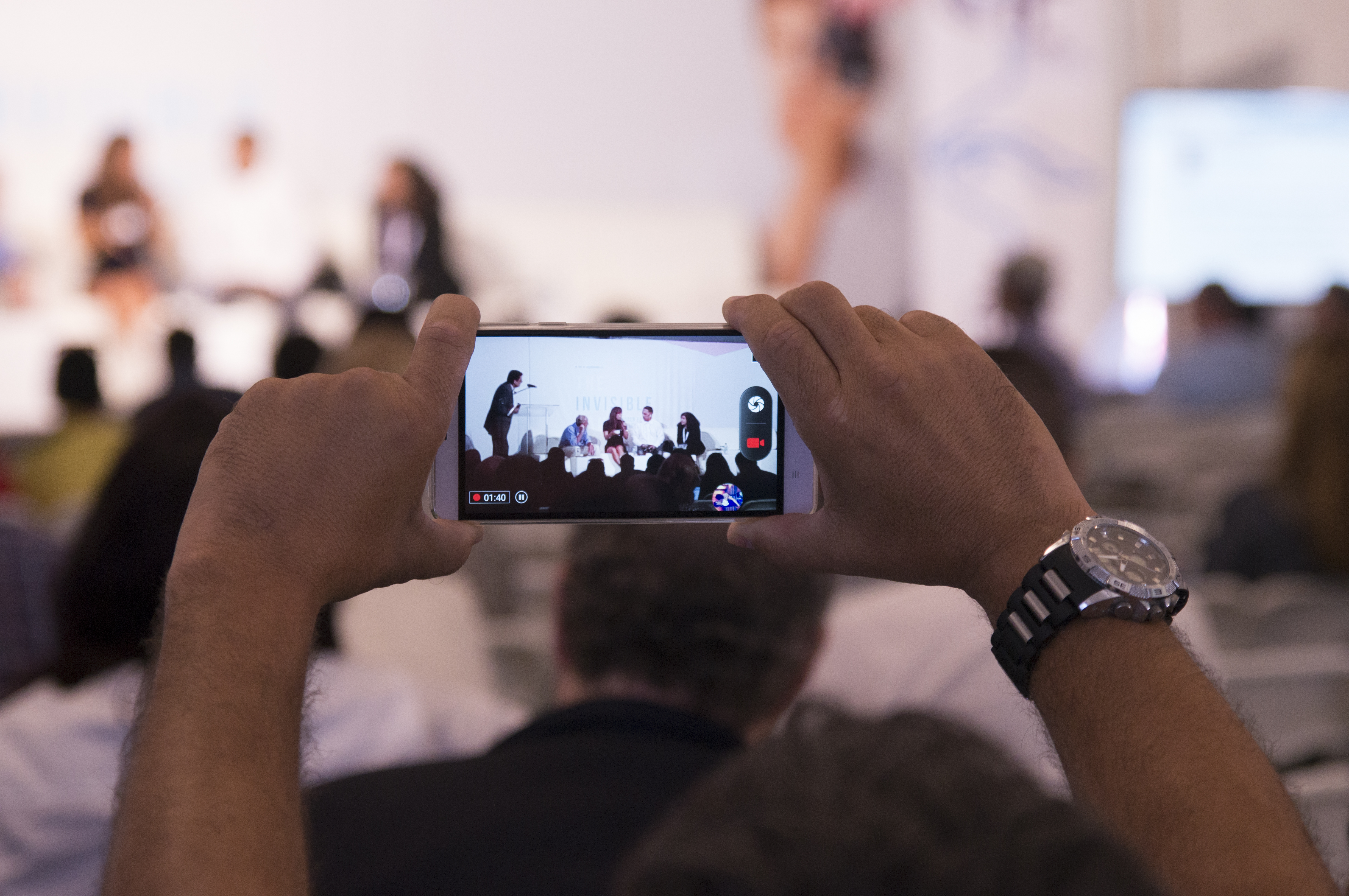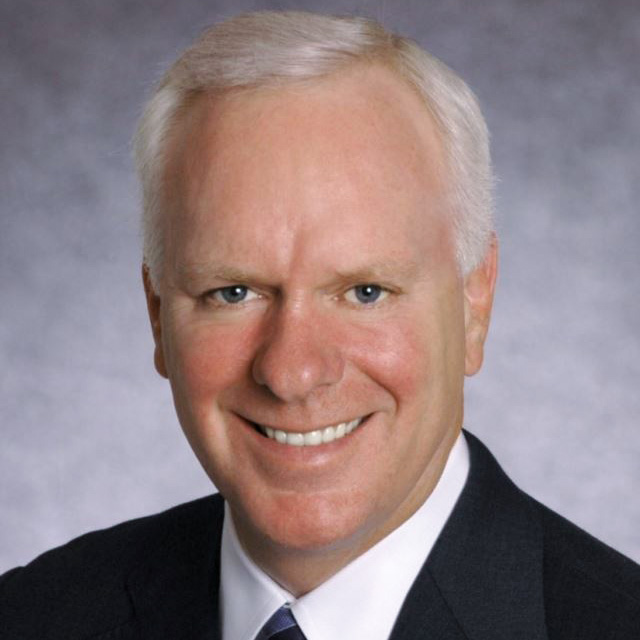Access ≠ Subversion

On September 12, I had the honor of opening the Cuba Internet Freedom Conference, held in Miami and hosted by the Office of Cuba Broadcasting (OCB). The event was the first of its kind and brought together thinkers, humanitarians, activists and innovators, to find ways to improve digital rights and increase internet access on the island.
As CEO of the Broadcasting Board of Governors (BBG), I believe that everyone, whether they live in Cuba or Iran, China or Russia, has the right to access information that affects their lives, and to share that information without fear of reprisal.
These values lie at the very root of what our agency stands for.
Article 19 of the United Nations Declaration of Human Rights states “Everyone has the right to freedom of opinion and expression; this right includes freedom to hold opinions without interference and to seek, receive and impart information and ideas through any media and regardless of frontiers.”
Currently in Cuba there are about 200 public Wi-Fi hotspots, but access to them is expensive, costing about $3 an hour, or 10% of the average monthly salary.
Cost of service is not the only impediment to getting online. In Cuba there exist a number of other impediments to internet freedom, including poor access, content restrictions, and violations of users’ rights.
Yet despite these restrictions, financial and otherwise, the relentless entrepreneurial spirit of the Cuban people to access the news and information that matters to them remains deeply inspiring.
Every day, Cubans find ways to circumvent political and economic barriers to access the information they need to improve their lives and have the dialogue they find important.
Indeed, former U.S. development worker Alan Gross, who spent five years in a Cuban jail for trying to establish an internet connection for the country’s minority Jewish community, said this sense of perseverance, as well as this conference, was a “return on his investment.” He noted that by improving internet freedom on the island for its residents we also improve their contributions to Cuban society as a whole.
Unfortunately, the Cuban government branded the Cuba Internet Freedom Conference a tool to “promote internal subversion.”
Access to news and information does not equate to subversion. Rather, it is the lifeblood of an informed citizenry. The democratizing power of the internet, and the access it offers to join in the global conversation, empowers citizens to grow socially, economically and politically.
We know from the letters, emails and SMS messages that OCB receives every day that many Cubans are eager to join the wired global community. And we look forward to it, too.

